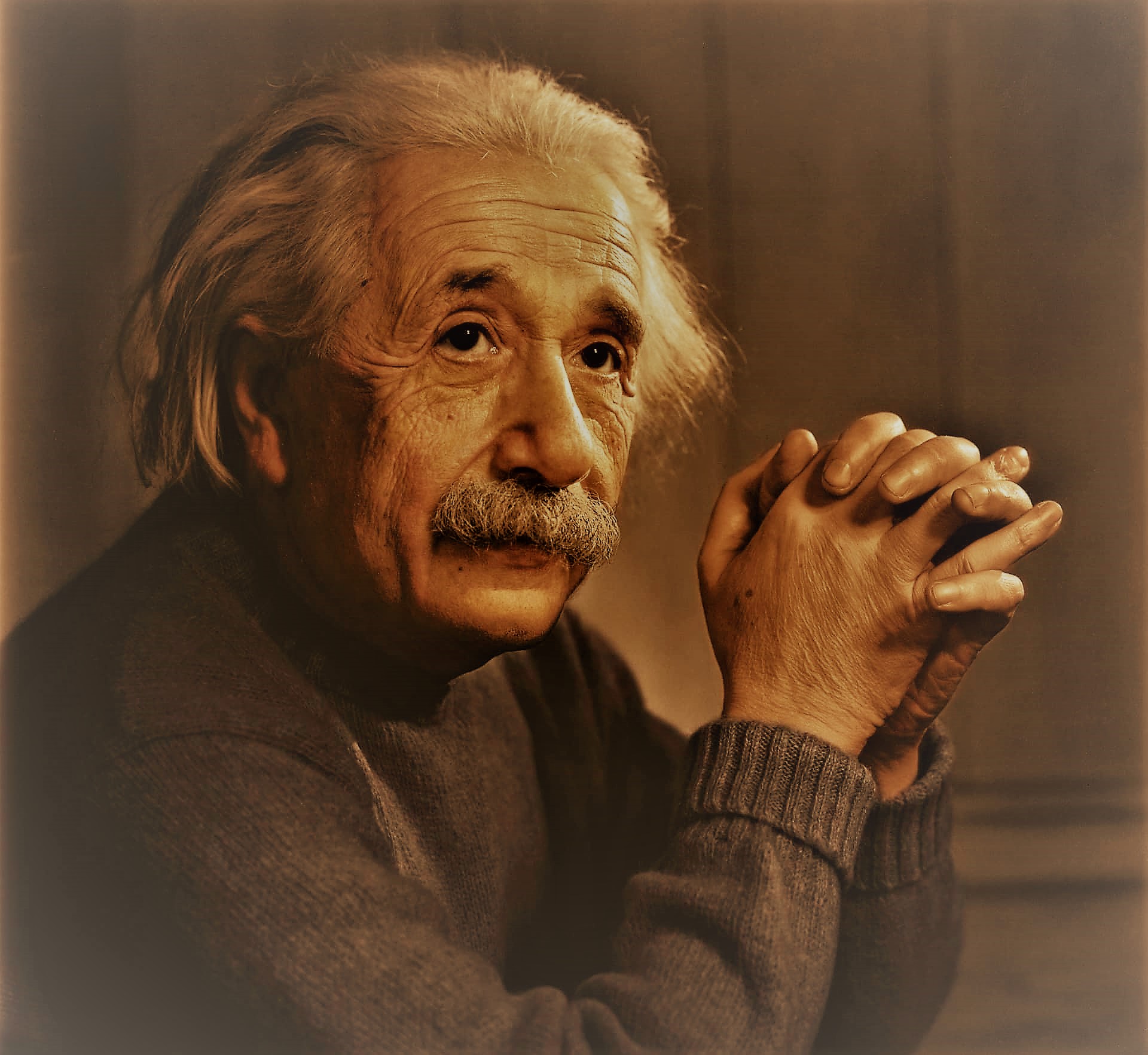Albert Einstein, a name synonymous with brilliance and innovation, reshaped our understanding of the universe through his groundbreaking theories and discoveries. His contributions to physics, especially the theory of relativity, have left an indelible mark on science and continue to inspire generations. But who was this remarkable man beyond his scientific achievements? What were the personal experiences that shaped his genius? Join us as we explore the life, legacy, and thoughts of Albert Einstein, a true icon of intellectual prowess.
Born on March 14, 1879, in the quaint city of Ulm, Germany, Albert Einstein exhibited extraordinary intellectual capabilities from a young age. Despite facing numerous challenges, including a learning disability and a tumultuous family life, Einstein persevered and eventually became a leading figure in the world of physics. His quest for knowledge and understanding of the universe was not just a professional endeavor; it was a deeply personal journey that defined his life.
As we delve deeper into the life of Albert Einstein, we will uncover the lesser-known aspects of his personality, his philosophy on life, and the profound impact he had on both science and society. From his humble beginnings to becoming a cultural icon, Einstein's story is one of resilience, creativity, and unyielding curiosity. Let's embark on this journey to explore the multifaceted life of Albert Einstein.
What Was Albert Einstein's Early Life Like?
Albert Einstein's early life was marked by both challenges and triumphs. As a child, he was often considered a slow learner, which worried his parents. However, this perception changed as he grew older, and his brilliance began to shine through. Here’s a brief overview of his early years:
| Detail | Information |
|---|---|
| Birthdate | March 14, 1879 |
| Birthplace | Ulm, Germany |
| Parents | Hermann Einstein, Pauline Koch |
| Siblings | Maria Einstein (sister) |
| Education | Polytechnic Institute in Zurich |
How Did Albert Einstein's Education Shape His Career?
Einstein's education played a crucial role in his development as a physicist. After struggling in school due to a rigid educational system, he found solace in self-study and pursued subjects that fascinated him. His time at the Polytechnic Institute in Zurich marked a turning point, where he met influential mentors and peers who ignited his passion for theoretical physics.
What Were Albert Einstein's Major Contributions to Physics?
Albert Einstein's contributions to physics are monumental and have transformed our understanding of the universe. Some of his most significant theories include:
- The Special Theory of Relativity: Introduced in 1905, it revolutionized the concepts of space and time.
- The General Theory of Relativity: Published in 1915, it provided a new understanding of gravitation.
- The Photoelectric Effect: This work earned him the Nobel Prize in Physics in 1921 and established the foundation of quantum theory.
- Mass-Energy Equivalence: Expressed in the famous equation E=mc², it highlights the relationship between mass and energy.
How Did Albert Einstein Change the World?
Einstein's theories did not just remain in the realm of academic circles; they had profound implications for the world. His work laid the groundwork for modern physics and influenced various fields, including cosmology, quantum mechanics, and even philosophy. The impact of his discoveries can be seen in:
- Nuclear Energy: Einstein's mass-energy equivalence equation contributed to the development of nuclear power and weapons.
- GPS Technology: The principles of relativity are fundamental to the functioning of global positioning systems.
- Scientific Community: He inspired countless scientists and thinkers to explore the mysteries of the universe.
What Personal Beliefs Did Albert Einstein Hold?
Beyond his scientific achievements, Einstein held strong personal beliefs and values that shaped his worldview. He was an advocate for peace, civil rights, and education. His commitment to humanitarian causes and social justice is evident in his writings and public speeches. Some of his notable beliefs include:
- Pacifism: Einstein was a committed pacifist, especially after witnessing the devastation caused by World War I.
- Human Rights: He championed civil rights, particularly for African Americans, and spoke out against racism.
- Education: Einstein believed in the importance of education for fostering critical thinking and creativity.
What Legacy Did Albert Einstein Leave Behind?
Albert Einstein's legacy is vast and continues to resonate today. He is not only remembered as a brilliant physicist but also as a cultural icon who embodied the spirit of inquiry and creativity. His life and work have inspired countless individuals to pursue science, philosophy, and the arts. Some key aspects of his legacy include:
- Scientific Advancements: Einstein's theories paved the way for new discoveries in physics and technology.
- Influence on Pop Culture: His image and quotes have become symbols of genius and curiosity.
- Educational Institutions: Many schools and universities honor his contributions through programs and initiatives that promote scientific exploration.
How Can We Apply Einstein's Wisdom in Our Lives?
Albert Einstein's insights extend beyond the realm of physics; they offer valuable lessons for personal growth and creativity. Here are some ways we can apply his wisdom to our lives:
- Embrace Curiosity: Like Einstein, cultivate a sense of wonder and curiosity about the world around you.
- Think Outside the Box: Encourage creative thinking and challenge conventional wisdom.
- Value Education: Prioritize lifelong learning and seek knowledge in various fields.
- Stand for Your Beliefs: Advocate for what you believe in and strive to make a positive impact on society.
Conclusion: What Does Albert Einstein Represent for Us Today?
In conclusion, Albert Einstein represents the epitome of human potential and intellectual curiosity. His life story serves as a reminder that greatness is often born from adversity and that the pursuit of knowledge is a lifelong journey. As we continue to navigate the complexities of the modern world, let us draw inspiration from the legacy of Albert Einstein and endeavor to explore the unknown, challenge our assumptions, and contribute positively to the world around us.

![[BKEYWORD03]](https://i2.wp.com/static.guim.co.uk/sys-images/Guardian/Pix/pictures/2015/6/9/1433860888503/Albert-Einstein.--009.jpg)


